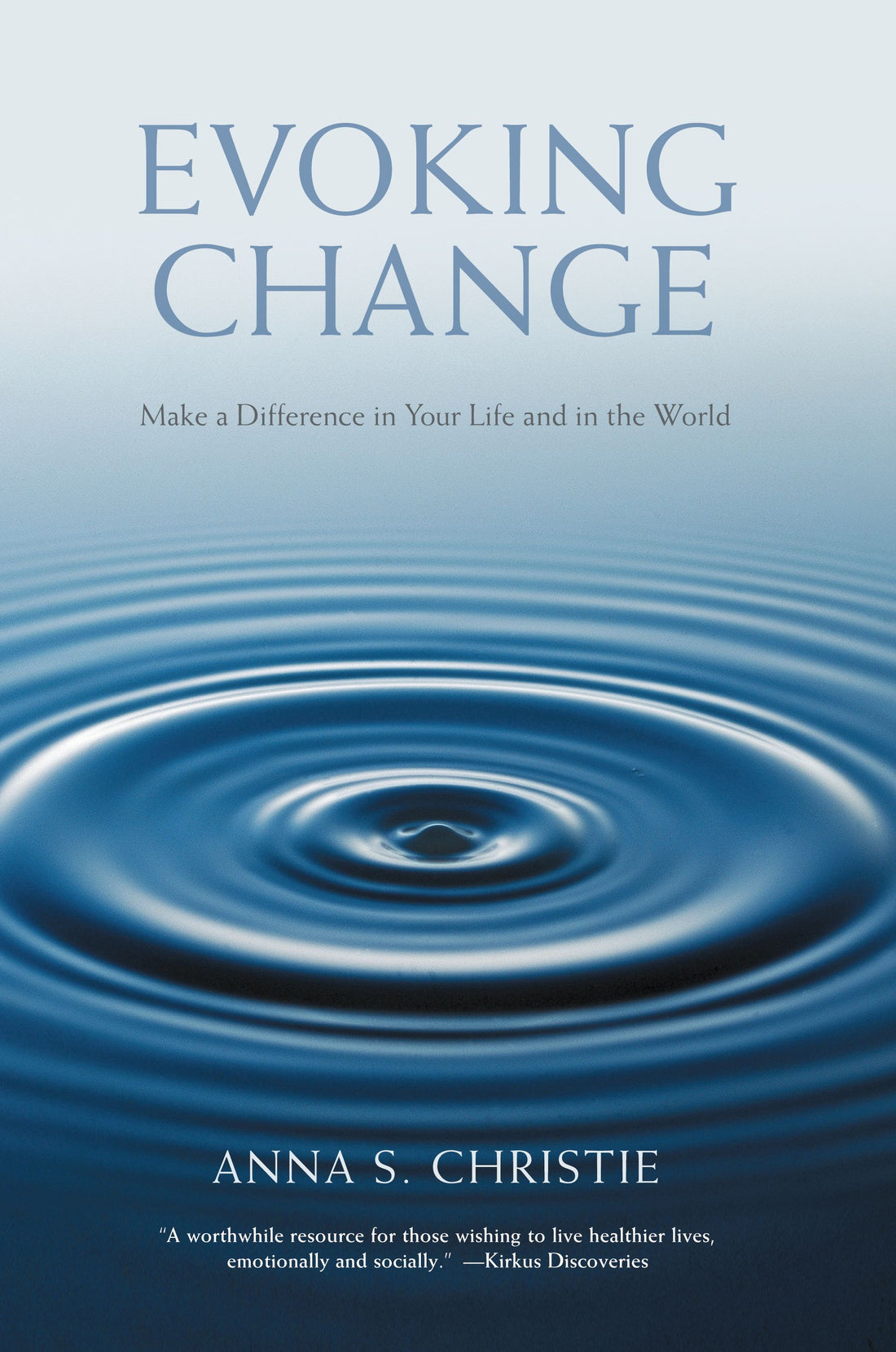
The Emotion of Change
Share
“Why won’t people agree to change?” This question is asked of me, and other family therapists perhaps more than any other. Sometimes the “why” is not a concern, but nevertheless partners and family members consistently express frustration with people who refuse to change.
I began working as a lay preacher when I was nineteen years old. I had a weekend rural congregation in Ontario back in 1977. The Board of one congregation was just two elders: Herb and Ed. As I was a student, my supervisor had to chair the Board meetings. He drove thirty miles once a month, on a Tuesday afternoon, to meet with me and the Board. Here’s how a typical meeting would go…
I had a great new-fangled idea: how about we use a hundred dollars of our tens of thousands in endowment money and buy a Gestetner (Google that one!) so we can print an order of service for people on Sundays? Herb folded his arms across his chest for the forty or so minutes that Ed, my supervisor and I discussed the matter. And then, just like he always did, Herb raised his hand and said, slowly but emphatically, “I move there be no change.” Ed seconded the motion, and thus it automatically passed.
Herb and Ed are merely an extreme example of what happens in many organizations, families and partnerships. I’ve heard of some families where mom and the three kids each get a vote, but dad gets 5 votes. Things get discussed, but nothing happens – not because the majority aren’t in favor of it – but because a few people aren’t and the others don’t know what to do when those people get “upset.”
“Upset” is not an actual emotion – it’s a term to describe a number of emotions, namely anger, sadness, fear and shame. Sometimes “upset” people cry and thus trigger not only our compassion but our own guilt, shame and fear. This is enough to stop us in our tracks. Others rage, make threats, and scare the bebobblehead out of us. Then we back down. Still others express their fear by anxiously running around like people at a potluck when everyone brought dessert. Anxious people running around can cause as much havoc as the crying people and the raging people put together – and what’s worse – it’s harder to notice the havoc.
It is critical for each of us to understand that all change is loss. Once you do something a new way, you must give up the old way. This “giving up” is loss, and loss is experienced emotionally in the body with a natural – but certain – grief response. Depending on the nature of our attachment to the person or thing that is lost, we will experience grief in various ways. Those attached more closely to Taco Tuesdays or living in New York will thus experience more grief at its loss.
The grief response takes a number of forms including denial, bargaining, anger and sadness. If we have lost a person through death, then our bodies naturally jolt us out of denial and bargaining and into the other emotions. But if the loss is a change, then we are less likely to be jolted, and more likely to “fight” to restore our relationship with that which is lost. This fighting instinct will be even more pronounced if the decision to “lose” (change) something is still being discussed.
The thing is, people will do just about anything to avoid pain. Those who are not kicking up a fuss over the change are those who are not experiencing as much pain. They are not necessarily better people, or more reasonable people. They may simply be people who weren’t as attached to whatever is changing.
When we can look at our partners or family members who attempt to thwart changes as people in grief, perhaps we can respond more appropriately: with compassion. Compassion does not mean attempting to fix the situation so that the person is not in grief. It means simply loving them and “being there” for them when they are feeling the loss.
